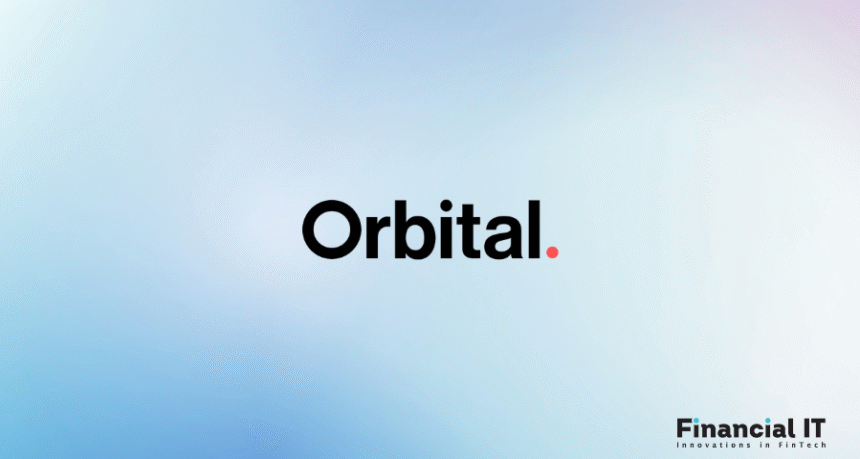In a significant development for the world of digital payments, the Binance Smart Chain (BSC) has emerged as the leading blockchain for consumer-sized stablecoin payments, according to the newly released Stablecoins Retail Payments Index by Orbital, a global payment orchestration platform. This inaugural index analyzes the role of stablecoins in retail payment contexts, specifically focusing on consumer transactions of up to $10,000.
The findings are based on data gathered from the Orbital Stablecoin Payments Dashboard, which collaborates with Artemis.xyz for blockchain data and Sensor Tower for mobile app insights. The Index deliberately filters out larger business-to-business transactions, cross-border transfers, and other non-retail uses to provide a clearer picture of stablecoin adoption in everyday purchases.
As of the second quarter of 2025, BSC has made a notable impact, accounting for approximately 45% of retail payments. Its rise is attributed to lower transaction costs compared to its counterparts, with other networks like TRON also driving the adoption of stablecoins. The recent performance of Aptos marks it as a blockchain to watch closely, suggesting potential growth and relevance in the market.
In the realm of stablecoin usage, USDT continues to dominate retail payments, with transaction volumes surpassing those of USDC by more than a factor of four. However, USDC has made significant strides recently, showing faster growth rates in smaller transactions, positioning itself as a competitor in the sector. Additionally, a new player, USD1, recently exhibited an astonishing 757% increase in retail transaction volume from May to June, capturing around 6% of all wallet-to-wallet transfers during that month. Notably, it appears to gain traction primarily outside of the Americas.
An intriguing aspect highlighted in the Index is the presence of stablecoin premiums, which serve as indicators of shadow foreign exchange rates in various markets. In countries like Venezuela, retail consumers often find themselves paying a premium upwards of 45% over the official market rate when purchasing USDT. Other nations, including Turkey, South Africa, and Saudi Arabia, also show significant stablecoin premiums, illustrating the complexities of accessing stablecoins in different economic environments.
Luke Wingfield Digby, Co-Founder and Head of Corporate Development at Orbital, commented on the rapid integration of stablecoins into the economy, noting that over $250 billion is currently in circulation. However, he acknowledges that there are still questions about how these digital currencies will fit into everyday transactions and whether they will replace or supplement current payment methods. The Stablecoins Retail Payments Index aims to shed light on these trends, providing valuable insights into the current landscape and potential future directions of the market.







